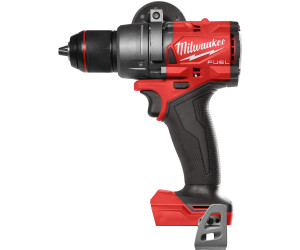Milwaukee: A Hub of Culture and Innovation in the Midwest

Introduction
Milwaukee, the largest city in the state of Wisconsin, has long been a significant cultural and economic hub in the Midwest. Known for its rich history, diverse neighborhoods, and innovative industries, Milwaukee is attracting attention as a city that blends tradition with modernity. The relevance of Milwaukee continues to grow as it seeks to reinvent itself while preserving its heritage, making it an interesting case study for urban development and revitalization.
A Cultural Hotspot
Home to a vibrant arts scene, Milwaukee hosts numerous festivals and events throughout the year, including the renowned Summerfest, known as ‘The World’s Largest Music Festival.’ The Milwaukee Art Museum, a symbol of the city, showcases a diverse collection of more than 30,000 works of art, while the Historic Third Ward offers chic boutiques, galleries, and dining experiences. In recent years, the city has invested heavily in promoting its cultural assets to attract tourism and foster community pride.
Economic Growth and Development
Milwaukee’s economy has been on the rise, thanks in part to its strategic location along Lake Michigan, facilitating trade and commerce. Major industries, including manufacturing, healthcare, and technology, have contributed to job growth and economic expansion. Companies such as Harley-Davidson, Johnson Controls, and Milwaukee Tool have roots in the city, showcasing its longstanding history of innovation. The Milwaukee 7, a regional economic development initiative, has been instrumental in supporting business growth and attracting investment to the area.
Education and Research
The presence of esteemed educational institutions, such as the University of Wisconsin-Milwaukee and Marquette University, plays a vital role in the city’s development. These institutions not only contribute to a skilled workforce but also foster research and innovation in various fields. Collaboration between academia and industry has paved the way for advancements in biotechnology, engineering, and health sciences, further solidifying Milwaukee’s role as a center for research and education.
Conclusion
As Milwaukee continues to evolve, it remains a city characterized by its strong sense of community, rich cultural heritage, and economic resilience. The ongoing investments in culture, education, and infrastructure are expected to further enhance the city’s appeal to residents and visitors alike. Milwaukee serves as a testament to how cities can grow and innovate while valuing their history and diverse identity. For those looking to explore a dynamic urban environment with a blend of tradition and modernity, Milwaukee stands out as an emerging destination.









